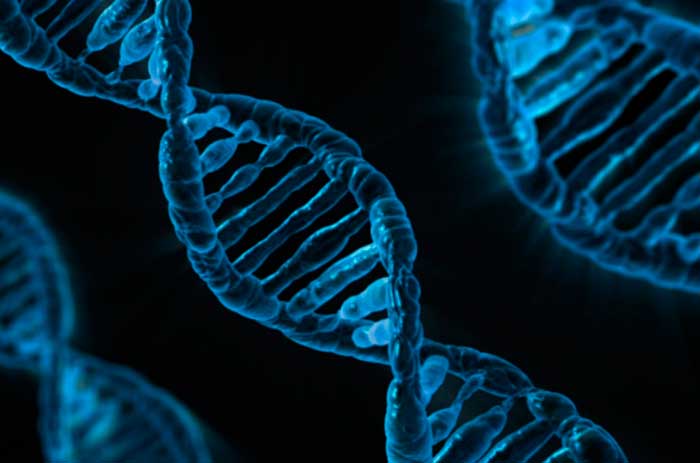
The emerging field of synthetic biology could affect nature in ways that go beyond single genetically engineered organisms, according to an IUCN report published today.
Synthetic biology – altering or redesigning genes to meet human objectives – is a fast-developing field with significant potential impacts on nature conservation, according to the Genetic frontiers for conservation assessment report. So far mostly applied in agriculture and medicine, synthetic biology could have substantial knock-on effects on conservation – including modified genes spreading to non-target species and affecting broader ecosystems, but also benefits such as saving threatened species, reduced fertiliser use or diminished demand for products derived from threatened species.
“Humans are increasingly genetically reprogramming nature – whether we like it or not. The global conservation community must contribute to the responsible development of synthetic biology applications,” said IUCN Director General Inger Andersen. “This assessment report provides an important contribution to a balanced, fact-based debate around this important but controversial topic.”
read more … IUCN, International Union for Conservation of Nature






